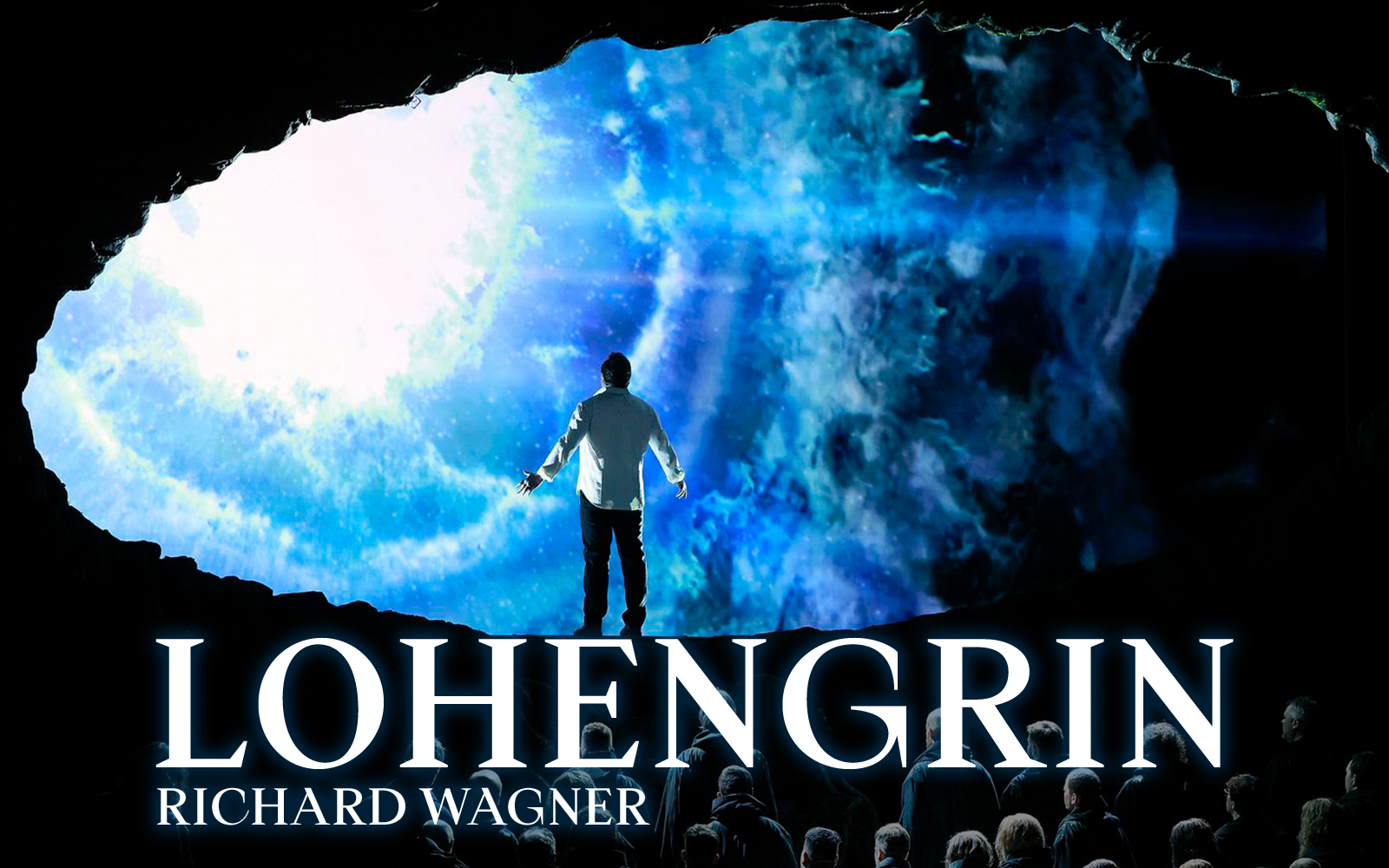
Please note: Tickets for this performance are on sale only on the Visconti Art Theater website. We hold exclusive rights to sell tickets for all our shows. Beware of scammers!
This performance is part of an Italian charity program. Thirty percent of ticket sales go to the AVSI Foundation. By purchasing a ticket to this show, you will make the world a better place!
The premiere of the opera Lohengrin was held on August 28, 1850, in Weimar. It was conducted by Ferencz Liszt, a close friend of Wagner's. It was he who had helped stage the opera, which had been completed two years earlier. Wagner could not be present at the event: his stormy social temperament brought him to the barricades of the German revolution of 1848-1849, after which, by a happy coincidence, he found refuge in Switzerland with false papers and was there on the day of the premiere. Sitting in one of Lucerne's hotels and watching the clock, the composer tried to time the performance...
Lohengrin, with his slowed-down action, which contributes to an immersion in the contemplation of sublime and mystically incomprehensible forces, contrasts with the stormy events, experienced by the author at the time of finishing work on this opera. The seed of the story was found in the legend of Lohengrin, a young knight of the Holy Grail, who descended from the mountaintops into the mortal world to be its defender. The libretto was written by the composer himself, who reimagined in a romantic key an episode from Wolfram von Eschenbach's medieval novel Parsifal (Lohengrin is Parsifal's son).
Key moments and plots were borrowed from the novel: the sacred nature of the hero's name, which cannot be known by any ordinary mortal, and a swan that accompanies him when he appears in the human world. However, the main events of the libretto are a figment of the composer's imagination. At the beginning of the opera we hear the knight's singular and urgent request to his bride Elsa of Brabant: that she never ask his name. Yet men, even the most perfect, are unable to curb their passions. The question asked by Elsa (already his wife) is, in an everyday sense, expected. A wife must know her husband's name, and the unknown is painful for her. A high climax of the finale becomes a monologue in which the knight reveals his name.... Touching the sacred inevitably involves its loss. Therefore, the outcome of the opera is logical: Lohengrin's departure to the heavenly heights is as mysterious and incomprehensible as his arrival.
A few years after the premiere, Lohengrin's popularity became unstoppable, like an avalanche. In 1853 it was staged in Wiesbaden, in 1854 in Leipzig, Wroclaw, Szczecin, Frankfurt am Main and Darmstadt, in 1855 in Cologne, Hamburg, Düsseldorf, Augsburg, Hanover, Prague and Riga... Soon afterwards Vienna, Zurich, London, Bologna, Florence and Milan were also added... In 1858 the future King of Bavaria, Ludwig II, was present at the premiere of Lohengrin in Munich. From then on, this opera and its author became his objects of delight and adoration, and his Neuschwanstein Castle (whose interiors were inspired by Lohengrin) the grandiose “materialization” of these sentiments.
PLACE Admiralspalast - Friedrichstraße 101, 10117 Berlin
TICKETS from €33,00
All tickets include a restoration fee of €2.00.
RUN TIME 1 hour and 30 minutes, including an intermission
Please arrive on time. Latecomers cannot be admitted until the first intermission and there is no readmission.
AGE RECOMMENDATION This production contains moments and themes that may be unsuitable for children, including non-graphic depiction of suicide, hints of suicide, and rare mentions of death, war, and slavery. Children under the age of four may not be admitted. All persons 16 years of age and under must be accompanied by an adult and may not sit alone in the auditorium.
CONTENT WARNINGS This production has instances of flashing lights and some video effects that can cause dizziness. There will be moments of total darkness. (Duration 15 seconds) The production contains moments and themes that some people may find distressing. This includes non-graphic depictions of suicide and hints of suicide. There are also infrequent references to death, war, and slavery.
The producers cannot guarantee the appearance of any particular artist. The schedule is subject to change and may be affected by contracts, vacations, illness, or events beyond the producers' control.
For any other questions, please visit our page of the FAQ. Enjoy your visit to our theater.





